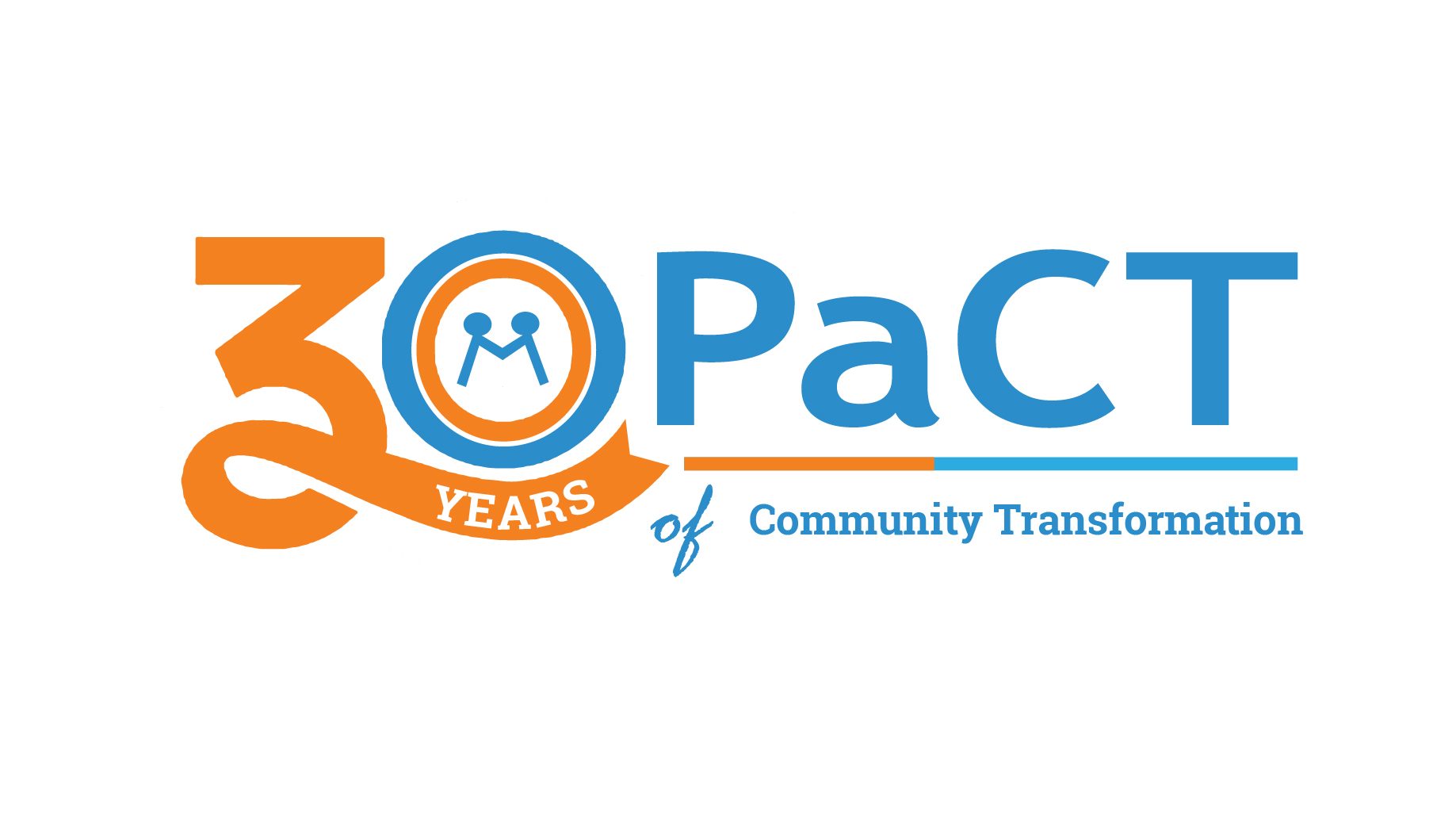Despite the existence of various international and national protocols that uplift people’s rights such as the Convention on the Elimination of All Forms of Discrimination Against Women (CEDAW), Geneva Convention, Convention on the Rights of the Child, Rome Statute of the International Criminal Court, the Uganda Children’s Act and the Constitution of the Republic of Uganda among others, several women and children in Uganda still undergo several human rights abuses and violations. PaCT designed inclusive strategies approaches that target to address women and child related challenges in corroboration with the relevant stakeholders including government departments. The approaches focus on two cores specific objectives that include;
- Improved harmony and increased land productivity
- Increased incomes status for youth and women groups for sustainable livelihoods
Women & Children Empowerment.
Women and Children are key populations in our society and contribute largely to the production sector. However, they are often faced with numerous challenges that hinder full enjoyment of their rights. While progress has been made in some areas, many of the challenges and obstacles for instance those identified in 1995 during the Fourth World Conference on Women in Beijing still remains. In addition, the new challenges for women’s empowerment and gender equality that have emerged over the past decade, such as the feminization of the AIDS epidemic, gender based violence and increasing of early child marriages which all need to be more effectively addressed. This justifies the inclusion of gender equality and women’s empowerment as one of the eight Millennium Development Goals, indicating the gravity of the issue.
PaCT believes that empowered women largely contribute to the health and productivity of whole families and communities, and they improve prospects for the next generation. It’s on this basis that for the last 7 years PaCT has strived to address one of the most world’s challenge of women and children abuses through empowering and training both women and children on their rights including discriminatory marriage laws, Children’s rights and responsibilities, land rights, property and inheritance laws. Other interventions include engaging Alternative Dispute Resolutions for women and their husbands, addressing pregnancy and child related deaths and reduction of women illiteracy by promoting Girl Child Education.

Land Awareness and Conflict Management
A part from political related conflicts, land conflicts are the second most frequent forms of conflicts experienced in Uganda today and this is because of the economic value attached to land being the primary source of livelihoods. (USAID SAFE, conflict assessment report, February 2016). This comes despite existence of several institutional and legal frame work in regard to land such as; the constitution of the Republic of Uganda 1995, and the Land Regulations of 2004. There exist several incidences of forced evictions, fake land transactions, denial of land inheritance restricted land access and use, boundary disputes as well as illegal encroachments affecting especially women.
PaCT has worked with Independent Development Fund before and currently with GIZ and European Union to address some of the recommendations cited in the USAID SAFE, conflict assessment report, February 2016 that include; training communities on managing tensions over land, training community leaders to take a proactive lead to ensure growing tensions over land are resolved to prevent violent attacks, mob justice and revenge acts and peace actors playing a major role in increasing knowledge about land policy and legal literacy within local communities.
The project is further aimed at creating a harmonious society by reducing the number of tenants being vulnerable to land evictions, harassment and disinheritance, by giving them knowledge, tenants and land owners are empowered to protect their land rights, fulfil their roles and adhere to related restrictions for harmonious co-existence.
The project further aims at strengthening capacity of the community supportive structures and systems through the available leadership settings to enable these structures to mediate land disputes and resolve them at community level with few or no cases referred to courts of law. In this regard, Sub-county mediation committees and Community Legal Volunteers are trained in land laws and conflict resolutions.
Stakeholder’s Accountability and Responsiveness
Various structures have been established at different levels of governance by the different provisions to address human rights challenges but many of them have performed far below the intended objectives of their establishment. This is due to the fact that many of the duty-bearers have either decided to neglect their constitutional mandate or are rather ignorant of their responsibilities. PaCT works to strengthen and build community supportive structures and systems through the available leadership settings in order to enable these structure to mediate over various human rights challenges including land disputes and solve them at community level with few or no referral cases at all. In this regard, PaCT targets stakeholders including the Area Land Committees, Local Council leaders, Human rights activists, cultural leaders, religious leaders, and Police departments, the judiciary, local governments and other service providers.
The empowerment and training of the redress structures is aimed at engaging communities to collectively participate in solving emerging challenging conflicts at community level including land related conflicts, Gender Based Violence, Child marriages, child labor, sexual harassment among others.






